Question 3.
If 'Internet Brain' (Fractured Self - Unstable Meaning) Becomes a Differentiator, How Will That Bring People Together?
It’s so interesting this thought, because it is tied to what is a central fear in the cognitive shifting landscape, and the intrusion of digital spaces into the physical ones.
It comes from the way that life entirely as we know it, is a product of the Enlightenment period values, everyone, everywhere has been absolutely hammered with the fact that we will die and be be pulled apart by robots from one another if digital spaces consume us.
However, what is most interesting to me is that the world was already very much fracturing everyone apart before the internet and any kind of digital space, and the actual evolution of the digital space, has only revealed how deeply, deeply, isolated we are, and how strong institutions, governments and corporations will react, if there is any deviation from the standards of power dynamics that have worked efficiently enough for generations and generations.
Where they have succeeded in trapping us and making us unstable, is by deleting the memory that what we exist in, physically, is built, bought, sold, all by human design and intervention, for as long as progress and prosperity has been the goal in mind.
If fractured, unstable, pattern-seeking cognition—the defining feature of Internet Brain—becomes a cognitive differentiator, then the way people organise, communicate, and form institutions, will be shaped by this new mental architecture.
This is precisely why at the moment, whilst we are literally catalysing, peak shift, younger and upcoming generations who have been or will be entirely raised during digital spaces occupy them to the point that they have become the dominant reality, are becoming the biggest threat to institutions and traditional structures - the one’s that we have all been struggling against for hundreds of years.
The intensity dial isn’t the internets fault, it just pulled the curtain and we are running around like we’ve been blinded and just whacking whatever we run into.

I think it’s kind of important to explain what I mean by traditional institutions—whether governmental, academic, religious, or corporate—and that as we understand, were built on principles of:
- Stability: Fixed structures, continuity over time.
- Hierarchy: Decision-making concentrated at the top.
- Singular affiliation: You “belong” to a nation, a university, a corporation.
BOOOOOOOOOOOOO
Digital institutions, if you can really even call them that, on the other hand, must function within a fractured, fluid, non-hierarchical cognition where:
- Identity is modular rather than fixed.
- Meaning is unstable, constantly shifting with context.
- Thought is rhizomatic, spreading laterally rather than top-down.
- Institutions must be dynamic, decentralized, and ephemeral to survive.
The institutions we are having the most trouble with, suffocating in, drowning, are the ones that are being increasingly streamlined into physical space governance, traditional institution structures, dominance and distributions in power that simply do not prioritise, they commodify, value and distribute based on progress and production.
That’s not leftism, centrism, rightism, whatever - that’s just history.
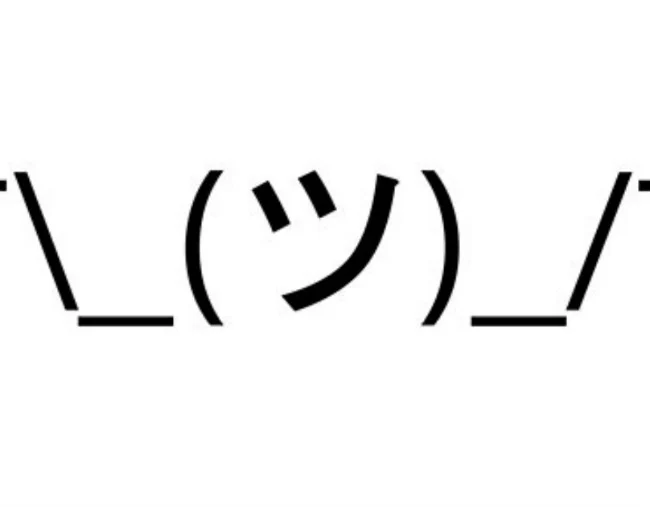
The threat at the moment, and it’s why we’re seeing crackdowns on tech so ubiquitously, and they are actually just doing them themselves in order to erasure, control, and categorise, is that the digital spaces actually prompt movement, fast and untrackable movement towards building institutions as ecosystems—fluid, adaptable, and able to dissolve and reform as needed.
It is not a profitable model if your business has no “fixed” or “predictable” value, this is not how economics works.
That’s why Elon is dragonhoarding and yelling at everyone from an effective castle tower window whilst we are all going “WHAT THE FUCK IS THAT GUY SAYiNG????” below when really, the castle door is wide open, and we can just run the hell outside.
Maybe shoot him down first. That’d be nice.
I think also there’s so much cri du coeur about nostalgia, the idea of things having to be permanent, that we cannot lose what we’ve done along the way otherwise we don’t know ourselves.
I fail to see how a photograph in your hands and a photograph in your computer won’t shift cognitively in the sense of our appreciation, as we evolve to make sure we preserve meaning and fulfilment to ourselves.
The archival nature of Instagram, and the attachment to these digital storyboards or collages, is one of the biggest roadblocks for millennials to get off the platform, they don’t want to lose these things, despite them being digital, because they have a sense of value that has evolved over time.
It wasn’t like that originally, it was experimental, weird, but there’s no denying the sentimentality that attaches ourselves to those things we interact with, anything we interact with, and I wish people would understand that being human is interaction, but that is not something you can define as one thing.
I think that for the future of preservation, institutions will be movement-driven rather than structure-driven.
I think to function in a way that prospers engagement in this affirming more sustainable and human way, is that they will be networked, fluid rather than centralised. Again, to use the monopolistic vibe of a lot of apps, this is why we feel governed by them, there is no sense of choice, we fear that we will lose something that has become fundamentally important in a digital landscape.
This is absolutely true, it is important, we want to connect, to see each other, but the way to avoid this being harmful by the threat of it being controlled for us, or that leaving is a form of disappearance, they need to be networked rather than centralised.
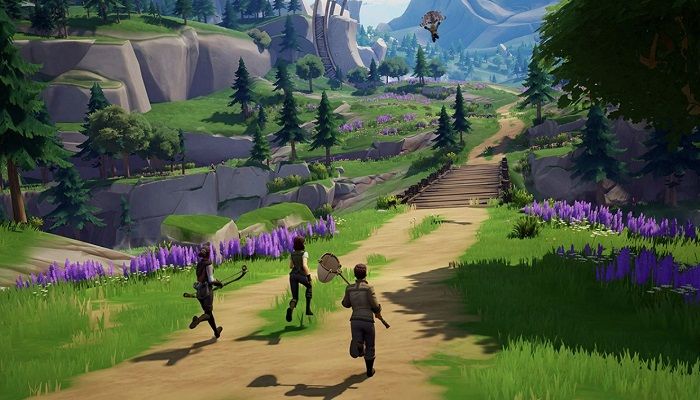
That way, places to gather become participatory rather than bureaucratic.
We have seen this in chat-rooms, but the historical nature of these places devolving into hidden spaces where people can actually be awful to one another and with the illusion of no consequences - e.g. paedophiles lurking in Habbo Hotel, to the incomprehensible rise in the distribution of child pornography, the technology will have to make sure that it is maintained and functioned not as police state controlled, or government controlled, not bureaucratically controlled, but in the way a sort of co-op functions.
Yeah, there’s always going to be certain types and people doing certain things, but if cognition is different, and understood, and these spaces are designed to accommodate, nourish, and refresh that, I see this greatly parallels a lot of the research that is done into abolition, it highlights when people only use these spaces for horrendous things, it is the result of isolation, rejection, under stimulation and a rejection of these people as a human. It is also because they are being relentlessly WATCHED. This is not human, to have no privacy.
Digital privacy is innate, when it is not corporatised.
When you have a forced erosion of self, cannibalised by expectations of our society and structures, you become convinced you do not operate within the same planes as everyone else. Trauma in a linear world, makes you a similar kind of insane.
I’m hopeful that the future brings this unprecedented opportunity to reformat and reintegrate third spaces and places as they are imagined and hoped for, rather than places we withdraw to or pine and try and recreate - but fail under the existing systems logic.
You actually see the absolute treasure and work that can be done to ensure this kind of safety - Runescape has been running for 20 years, and each year, it is safer, more participatory, and never ever feels “controlled”.
This is ignoring the payment thing, but I’m happy to pay a fee to roam in that world that I feel genuinely safe in, even when there are others playing all around me - real people all over the world.

I guess my biggest hope for engagement with one another, is this shift to the relational rather than ideological.
Not this forced categorisation of one another, this allegiance we are all pledging to our sense of morals, ethics and “who the self is” in a world that is mosaiced beyond reocgnisability and by that stroke, functionality.
Existing as a million selves and being able to pick and choose through context, design and purpose, would be the utmost freeing fucking thing in the world.
There’s actually so much research into how DnD allows this learning, mental health repair, literacy improvement and confidence building in low-income neighbourhood school systems - it is proven, it works, and it is the ability to be free within the context of an imagined world, one that feels playful, yet still purposeful, engaging, but with its own sense of reality that doesn’t make you betray, abandon or take advantage of.
I guarantee you ask anyone who plays it casually, will answer similarly.
What I secretly am enjoying, is institutional collapse of places that gatekeep knowledge. I have single handedly made it my lifes work to learn compulsively and in a way that I know nourishes me without boundary, limits, tests or definitions, and in a way that is responsive rather than definitive.
This was because I dropped out of university three times because I simply, could not function or learn in those spaces, but I was so desperate to think because my brain was so distraught and simply could not stop pulling tangents and stitching them together to make the world make sense, or at least an image of it that I could work with.
What I kinda love is:
Universities are collapsing because they rely on long-term allegiance, but the internet trains people to learn in short, dynamic, lateral bursts.
Political parties struggle because they demand fixed ideological loyalty, but internet cognition is fluid, adaptable, and paradoxical.
Journalism is collapsing because it assumes truth is stable, but the internet shows us that truth is constantly shifting in interpretation and reception.

One of the reasons I push journalists so hard is that they are just instituitonalised writers, and they can be architects in these new kinds of interactive and participatory spaces, they just have to get the fuck over themselves first.
All it really means to me, is that the internet isn’t killing anything good when it comes to institutions and the places where we replicate or cosplay the idea of “communal structuring”—it’s forcing them to mutate into something new and actually what they promised in the first place.
We already see fragments of future institutions in digital collectives, decentralised knowledge-sharing projects, and subcultural networks. I seek them out, because I love them, but also because I’m greatly interested in their development. Also because this is the beginning, and everyone using and testing them, is categorically insane. Like me!
Where this happens:
- Discord servers as guilds: Functioning as adaptable learning environments, knowledge hubs, and ideological incubators.
- Substack as a decentralised university: People gather around specific thinkers instead of enrolling in a singular educational institution.
- MMORPGs as emergent states: Complex digital economies and governance systems forming organically within game worlds.
- Memes as legislative tools: A single viral idea can shape policy discourse more effectively than a manifesto.
They may sound “radical” and in this context yes, they can be, but keep in mind that these things are just using examples of the present, as a launchpad for ideas to build new things in the future.
What I really think is that the future of institutions isn’t about building “the next” government, university, or corporation—it’s about designing flexible, adaptive, fluid networks that move with the flow of digital cognition.
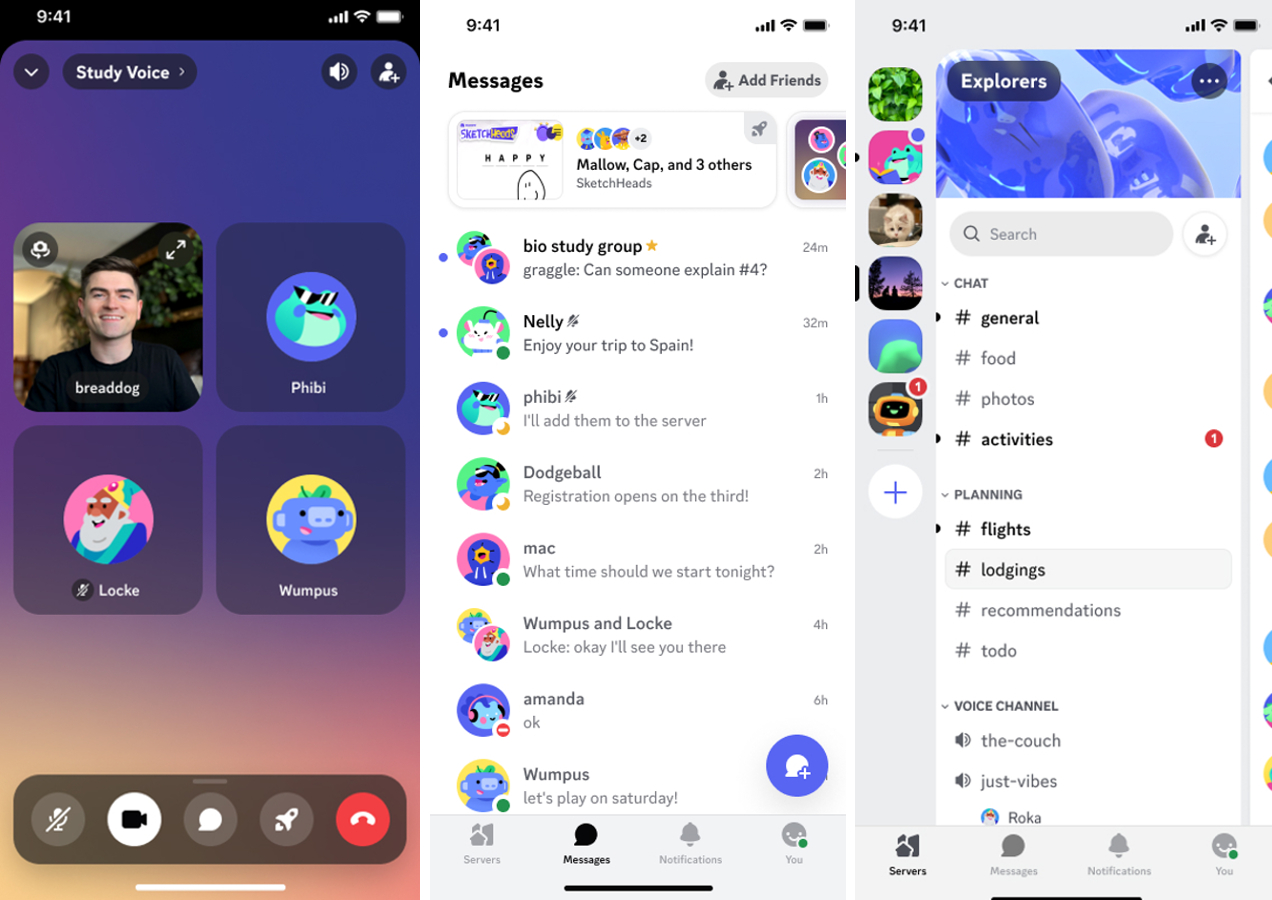
On an independent level, outside of public space and furthering knowledge and engagement with others, I think with friendships, family, etc, the fracturing or at least the relational sense of self, does absolutely not mean you are doomed to isolation.
I imagine people will create:
- Layered affiliations instead of singular ones.
- Ephemeral, purpose-driven collectives rather than rigid communities.
- Modular identities that shift across contexts rather than a singular ‘self’.
Instead of one stable institution per person, people will belong to dozens or even hundreds of overlapping, temporary, but deeply meaningful institutions.
Isn’t that amazing to conceptualise? We literally cannot dream of that kind of community in our world, though we tirelessly push and the best of us exhaust ourselves in the pursuit. I feel so much for the advocacy of generations, it is a truly monumental and Sisyphean task, and now the stakes and realities we live in are changing, it is even more pressure to move.
But, isn’t this what we’ve wanted, what people have wanted all along?
What is so bad about it actually being feasible, and constantly gardened in a space that actually works with and for you at the same time? It builds the sense that belonging will not be about permanence.
It will be about resonance.

Back to the permanence thing I suppose, it makes me think that temporary does not mean meaningless. Just as a viral movement can reshape culture in weeks, institutions could exist in cycles—emerging when needed, dissolving when obsolete.
A community might form around a single cause (e.g., an encrypted forum discussing AI ethics), exist intensely for two years, and then dissolve when its mission is complete.
I am hoping what happens that "Legacy" institutions (universities, political parties, corporations) these ones that are absolutely debased and exclusionary in every sense of the words, will struggle to adapt because they assume survival is the goal. But future institutions will function on a use-then-dissolve basis.
This is the most anti-cap shit ever, and I love it.
If a world where meaning is unstable and identity is modular, institutions in order to have any relevance, to even be digitally viable, they need to be able to function in a relational system, that is not standalones, but incorporating absolutely everything that exists in the digital realm.
This means that fluid participation (people enter and exit as needed), anonymity or pseudonymity (freeing people from reputation-based participation) and a shared momentum over ideological loyalty.

This is entirely made up, because I’m just free falling into thought as you may have noticed, but like spinning off stuff I’ve already mentioned, maybe like a DAO (Decentralised Autonomous Organisation), could be formed around a single intellectual pursuit—a collaborative online philosophy journal—and dissolve once its knowledge has been adequately mapped.
Wouldn’t that be fucking amazing?
That means the future of institutions will not be about forcing people to commit long-term—it will be about aligning with the flow of cognition and interest.
That is literally a dream scenario for me, but I am a flip floaty honeybee as it is.
Because my trauma brain processes information laterally rather than hierarchically, much like the internet, I find this dreamlike because I can imagine future institutions will function more like fungal networks—sprawling, underground, decentralised, self-organising.
Who is that LSD dude? He’d love that concept. The science one, I forget his name.
I hate that the world has categorised even conceptually things like this to be “hippy” or “tree hugging”, but I am purely looking at it from a structural level, not the ideology associated.
I like the ideas of structure being non-monolithic—structured to adapt and evolve rather than reinforce a singular authority. This is because I’m inherently, by nature, collaborative, and this kind of thing prompts knowledge-creation over credentialism.
So, in this example where there might of been a traditional news media institution, a fluid network of anonymous investigative researchers on Discord might:
- Break a major story.
- Disband.
- Reconfigure into a different network for a new purpose.
And they could just be different people all the time, suiting the nature of the intent.

As this is all so future, down the line, things that could be possible stuff, I suppose I have to think about what we could do now to make sure these things are viable.
Annoying to think about resistance, we are all so fucking and confused and tired, but these make sense to me:
As cognitive gentrification
(this is essentially a term I’m using for shit like socia media models like Instagram that are homogenising, or something like Canva as a design tool that is pre-produced imagery and design that we just stitch together, no matter what, all that shit looks the same)
accelerates, the most valuable intellectual spaces are not those speedrolling towards engagement in the physical worlds sense of value, but those that resist it.
The fight for cognitive autonomy is not about retreating into nostalgia for slower, pre-digital modes of thought—it is about actively constructing new spaces where thought can exist outside the structures designed to flatten it.
Luddite tendencies are a knee-jerk to this need, but they are absolutely not the answer as we have well and truly introduced the digital world into our lives, and there is not enough forest or woods for us to live in, nor should we continue fucking it by cutting it down and poisoning all the animals inside.
A thought that tickles me cause I live in Sydney and it is expensive to live in a shit house, as people occupy abandoned buildings to resist gentrification, it might be a reality to occupy abandoned cognitive spaces.

I guess what I mean here, is this means writing in ways that do not fit engagement models, exploring ideas that refuse to trend, and creating work that cannot be easily packaged, monetised, or made algorithm-friendly.
Just write things that are insane and burn them. Why not right?
It requires embracing randomness, chaos, slowness, difficulty, and illegibility—fostering a kind of intellectual friction that resists the smooth, commodified thought loops dictated by digital platforms. The more unpredictable, unoptimised, and resistant a thought is to being turned into content, the more valuable it becomes. Valuable in the human way, not the money way. Money bad, human good.
If everyone kinda commits to this regularly, the current systems of production will literally fall apart and become inviable.
This makes me happy to think of Trump Tower falling down due to the fact the maintenance people were hanging out online together online playing some ridiculous game like Factorio and chatting about their days at the same time.
The reality is, the best ideas do not happen in public—they happen in hidden, chaotic, secret spaces. That’s not a pitch for isolation or going underground, it’s about removing the pressure of surveillance or intent that is tied to “production” and “value”.
The problem is that as digital platforms enclose more and more cognitive terrain, these spaces are becoming harder to sustain.
Moving thought out of algorithmic feeds and into untrackable ecosystems—small circles, zines, encrypted networks, offline projects—becomes a necessity for preserving intellectual autonomy. I do not think the production of physical things is the answer, I think we will have to figure out a meaningful way to do this in online spaces that are out of harms way.
There’s a concept called ‘dark forest’, that essentially explains this act, that these spaces are not just refuges; they are incubators for deep, generative thought that cannot survive in the algorithmic wild.
Fuck the algorithm, as they say.
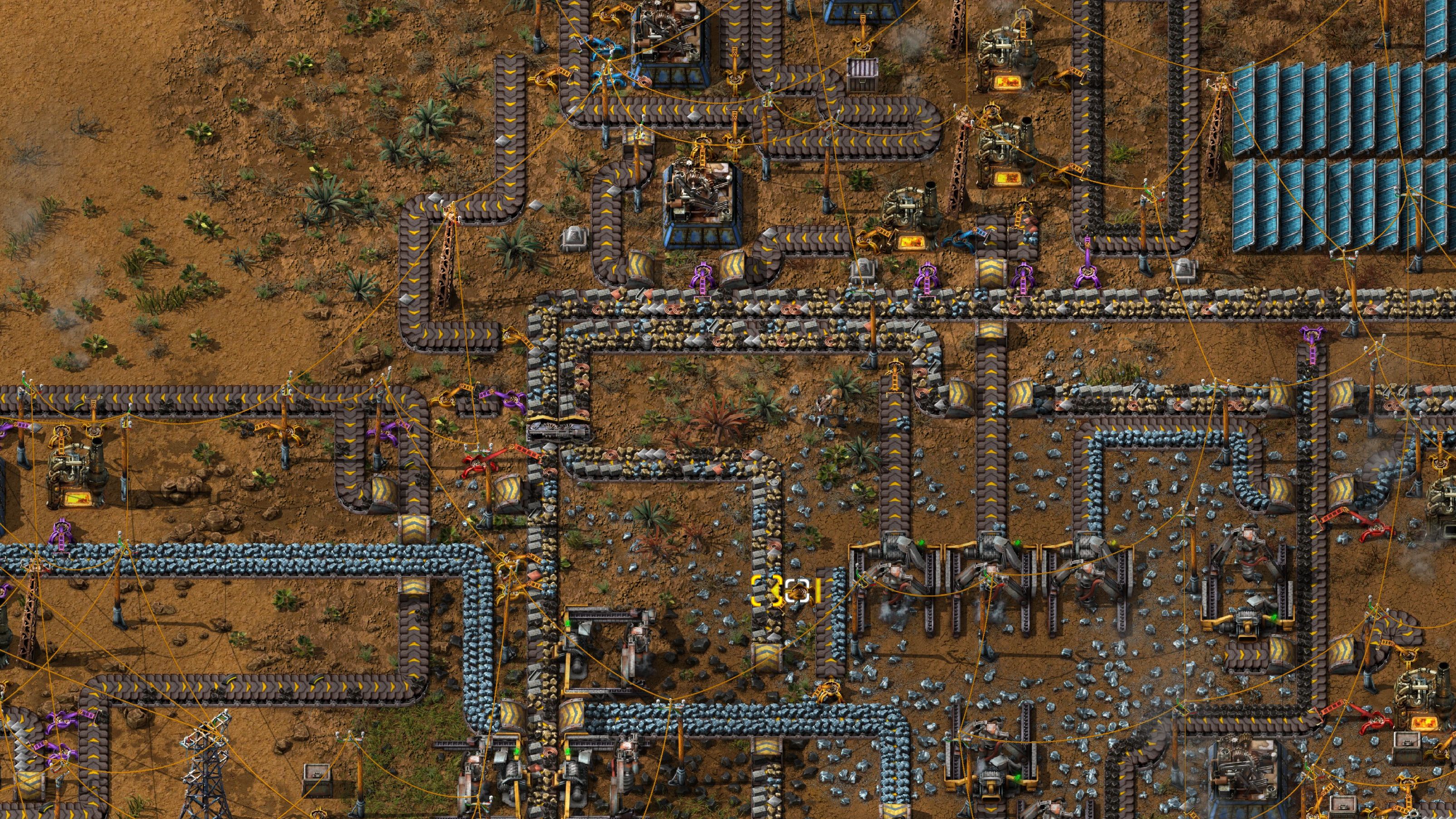
I guess the shit-posting or troll way to convene and create and preserve your mind with each other, is to resist an optimised system by creating things that cannot be optimised.
One of the biggest walls for people at the moment is that they are not equipped to learn how to do this solo, and the cognition shift is literally making them break down - understandably.
I think this is where it is fucking important to show people that you absolutely do not have to do things alone like capitalism wants you to feel you do, with this hustle culture girl boss bullshit that should be tossed aside forevs.
It means teaming up with the unusual, the people and things you never thought you’d enter, and create tangential and tessellated things and thought that cannot be neatly categorised, summarised, or sold - to me, this is the most radical act of intellectual rebellion.
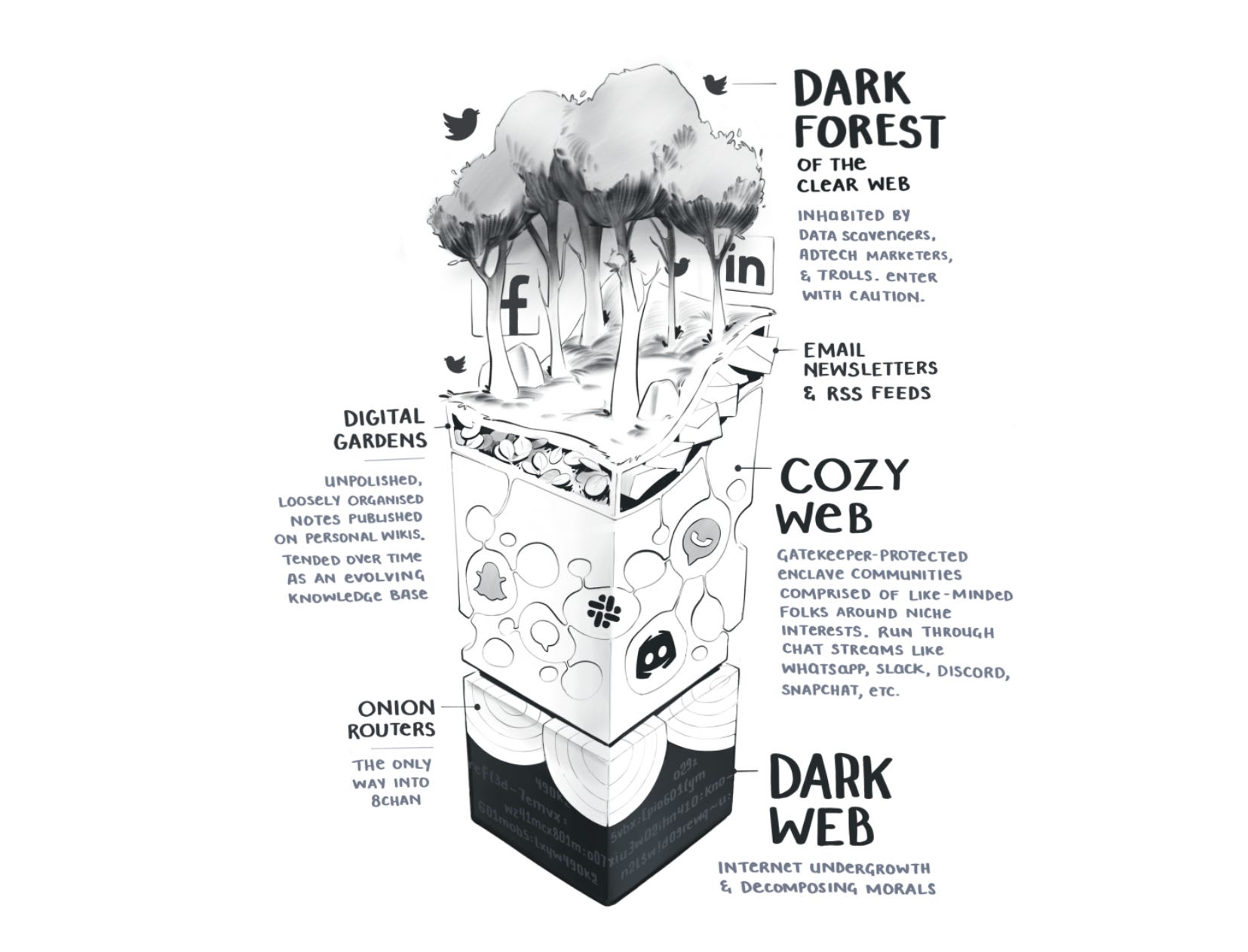
In a world where thinking is increasingly commodified—where every idea is expected to be content, where every intellectual pursuit must justify itself through engagement metrics—the most important work will be the kind that refuses to play by those rules.
If a thought cannot be converted into a tweet, a TikTok, or a Substack subscription, it remains outside the reach of algorithmic capture.
We can absolutely connect with one another to do just that, training ourselves through collaboration, to live and adapt to a relational system where that is the only prerequisite for movement and survival.
This thought spiral I’m posting here - insane, illogical, whatever. But it’s thought, it’s real, it’s mine and it’s simply not bought and sold.
I guess this naturally brings me back to your first question, and that’s if the algorithm flattens thought, then the only way to fight back is to make thought unflattenable.
This means reviving forgotten intellectual traditions but doing so by experimenting meshing them with new modes of cognition, and embracing forms of inquiry that do not fit neatly into digital discourse, but will naturally take their own shape within it.
We see this happen already, we’re just not paying attention to it - look at how Substack encourages people to write, and how journalists use it to free themselves, explore, write differently, mostly vent, but they are naturally adapting to the platform as it requires.
There’s so much weird and chaotic inrerpretations, relentless seeming nonsense, but we’re turbulent cause we’re learning, experimenting with an entirely new realm that has literally never ever ever happened before - what did we think was going to happen?
Hahahahah.

I think maybe, I think naturally we’ll see private intellectual networks—whether they take the form of anonymous collectives, digital salons, or unmonetised writing projects—and they will become the new avant-garde.
That’s fine, because the reality is, it can’t be gate-keeping when you can build your own house side by side, there’s no limit to real estate or interpretation, if there’s a reovlving door of selves that you can be in and everywhere.
But there is a risk: if cognitive dark forests become too exclusive, too hidden, too insular, they risk becoming self-reinforcing bubbles rather than generative ecosystems. The real challenge is ensuring that these spaces do not become reactionary refuges but remain sites of intellectual experimentation and expansion. I think I spoke about this above…can’t remember.
Whatever.
Anyway!
I guess in a way, offline thought will become its own act of resistance. The last space for free cognition will be the one that remains untracked, unindexed, and unmarketable. We will probably see alot more of that in the very recent future, we can probably observe it right now if we decide to.
I guess what I’ve been talking about the whole time, everything here, is that the threat is not that we are going to be damaged or dumb or sent careening off the cliffside by robots who take advantage of our AI cooked brains, but there’s just an inevitable requirement that you must be active and resist.
The reality is, as much as you complain, turn off your phone, whatever, the algorithm is not just shaping what we see, but how we think. Your individuality is not what’s in question, it’s the world around you, moving regardless.
So, we see people trying to shut it down.
Platforms are enclosing thought behind paywalls, corporate control, and engagement-optimised walled gardens.
AI is not just automating content; it is consuming the commons of human creativity and regurgitating it in its own image. The more we rely on these structures, the more our cognition is shaped by forces beyond our control.
It’s also no big secret that tech is hiding all the best shit for themselves. And probably, for weapons. Don’t be scared, that’s the world. That’s reality.
We have GOT to protect our minds.
Building new communities, and immersing and finding space, is the alternative—but they cannot just be places to hide. They must be built with longevity in mind, designed to outlast the current cognitive economy.
A sustainable dark forest is not just a retreat from digital enclosures—it is a blueprint for how thought can survive in a post-algorithmic world. Think of it as oasis, or like how the space station thing is pitched but if you play Citizen Sleeper you will firmly not want that.
My one true love, the MMORPGs, always come back to me because reality is i’m still learning and this is somewhere I see hope as :
- A space to think deeply, experiment, and build identity.
- A way to preserve knowledge without algorithmic corruption.
- A long-term alternative to the collapsing public sphere.
If thought is the last valuable thing left, then the future is not just about escaping cognitive enclosures. It is about creating new spaces where thought can thrive—where meaning can emerge from friction, where memory is not dictated by algorithmic resurfacing, where cognitive autonomy is not a privilege but a fundamental condition of being human.
Because if we do not figure out how to preserve independent thought now, we may be the last generation that even remembers what it felt like to truly think.

I hope these somewhat answer your questions, it was really a delight to spiral into this well of thought. Thank you for the gift, always open to more thought.
Please, please share what this prompts, or makes you go “Jesus this person is a cult leader put them in jail” because it always is important to have gutter-rails assigned when you’re thinking.
xo